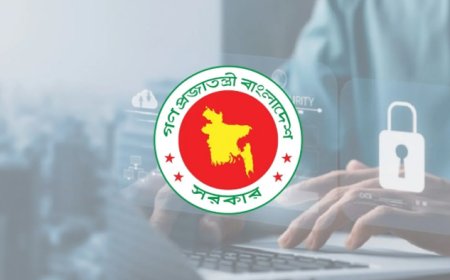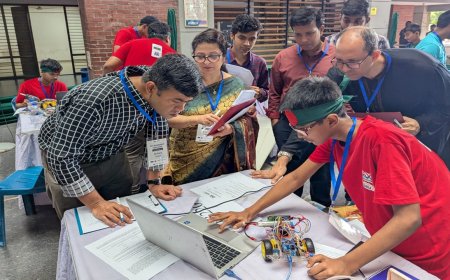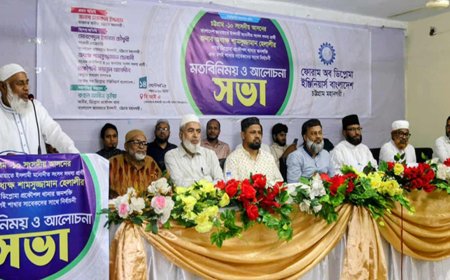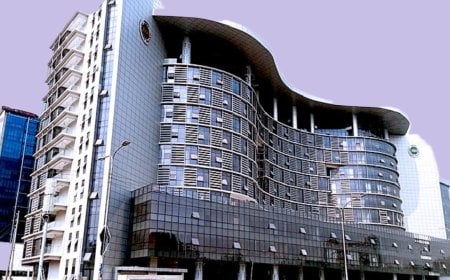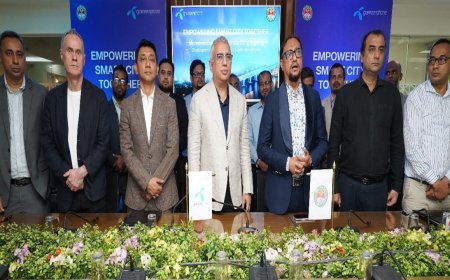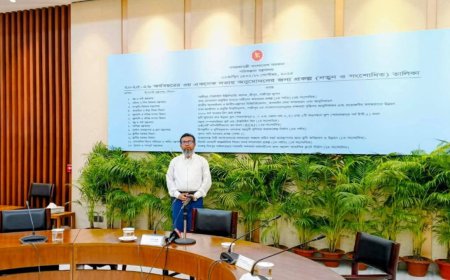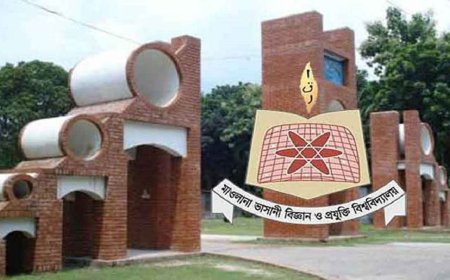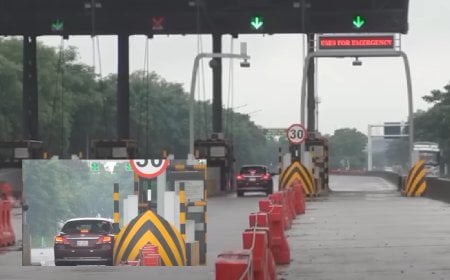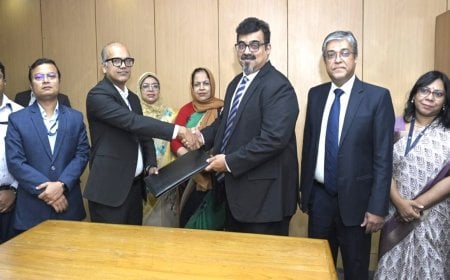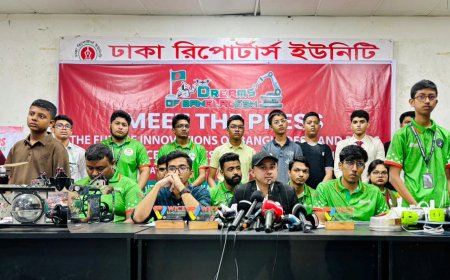Bangladesh Bolsters Budgeting for Climate Resilience
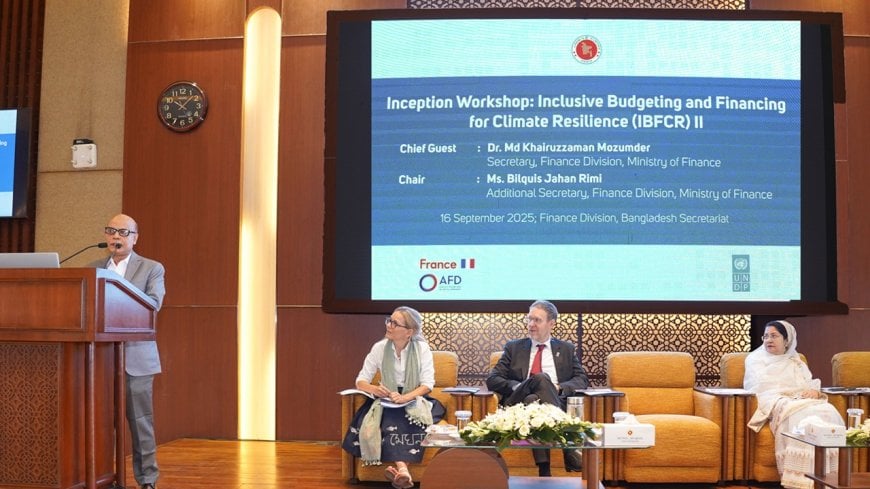
The Government of Bangladesh has launched the second phase of the Inclusive Budgeting and Financing for Climate Resilience (IBFCR) program to tackle the nearly USD 1 billion in annual losses caused by the devastating impacts of climate change. The initiative, organized by the Finance Division of the Ministry of Finance, was inaugurated on Tuesday morning, September 16.
Speakers at the event highlighted that global warming in 2024 reached a record 1.55 degrees Celsius above pre-industrial levels, with one of the worst consequences being borne by climate-vulnerable Bangladesh. Despite contributing only 0.56 percent to global greenhouse gas emissions, Bangladesh loses 0.7 percent of its GDP every year due to cyclones. By 2040, agricultural production in the southern regions is projected to fall by as much as 18 percent. According to World Bank estimates, climate-induced migration could displace 13.3 million Bangladeshis by 2050.
To address this, the Finance Division, with support from the United Nations Development Programme (UNDP) and the French Development Agency (AFD), launched the second phase of the program to cover an annual financing gap of about 3 percent of GDP—equivalent to USD 12.5 billion.
Finance Division Secretary Dr. Md. Khairuzzaman Mozumder, who attended as chief guest, said, “Although Bangladesh has contributed very little to global warming, we are the ones suffering the most from its impacts. We are committed to both adaptive programs and remedial measures. I believe the second phase of IBFCR will help build stronger resilience for our people and economy.” He added, “The Climate Change Action Plan, revised last year, is serving as a roadmap for our initiatives and is aiding in mobilizing effective resources.”
Chairing the session, Additional Secretary of the Finance Division Bilkis Jahan Rimi remarked, “For effective implementation, a robust coordination framework among ministries and stakeholders is essential. Strengthening cooperation and institutional capacity will enable us to fully integrate climate priorities into the public financial system.”
UNDP Resident Representative Stefan Liller stated, “IBFCR-2 is essentially bringing climate priorities into the heart of the public financial system, ensuring that every dollar spent translates into visible improvements in people’s lives. Climate change is already impacting the lives and livelihoods of Bangladeshis.”
AFD Deputy Country Director Cecilia Cortese said, “IBFCR-2 is a technical assistance program, fully complementing a 300 million euro policy-based loan. This loan will support the Government of Bangladesh in implementing its climate strategies and plans.”
During the technical session, UNDP Program Specialist Dr. Maliha Muzammil presented the IBFCR Phase Two roadmap. Discussants included PKSF Deputy Managing Director Dr. Fazle Rabbi Sadeq Ahmed and CPD Executive Director Dr. Fahmida Khatun.
A panel discussion on “Climate-Conscious Public Financial Management in Bangladesh” was chaired by Finance Division Additional Secretary Dr. Ziaul Abedin, with contributions from ERD Additional Secretary A.K.M. Sohel, Environment Ministry Additional Secretary Dr. Fahmida Khanam, UNDP Country Economic Adviser Owais Parrai, Finance Division Additional Secretary Md. Hasanul Matin, and Planning Ministry Additional Secretary Musrat Meh Jabeen.
IBFCR Phase Two will update the climate finance framework, strengthen monitoring, and develop a national climate finance strategy. It will also promote the use of Local Adaptation Plans of Action (LAPA) and Climate Vulnerability Indexes (CVI) to ensure resources directly reach vulnerable communities.
Officials noted that the initiative will enhance transparency, accountability, and coordination in the budget process. It will also align Bangladesh’s budgetary framework with the Paris Agreement, the Sustainable Development Goals (SDGs), the National Adaptation Plan (NAP), and the Nationally Determined Contributions (NDCs). By embedding climate resilience into public financial management, the country aims to safeguard development achievements and protect its people from heightened climate risks.























